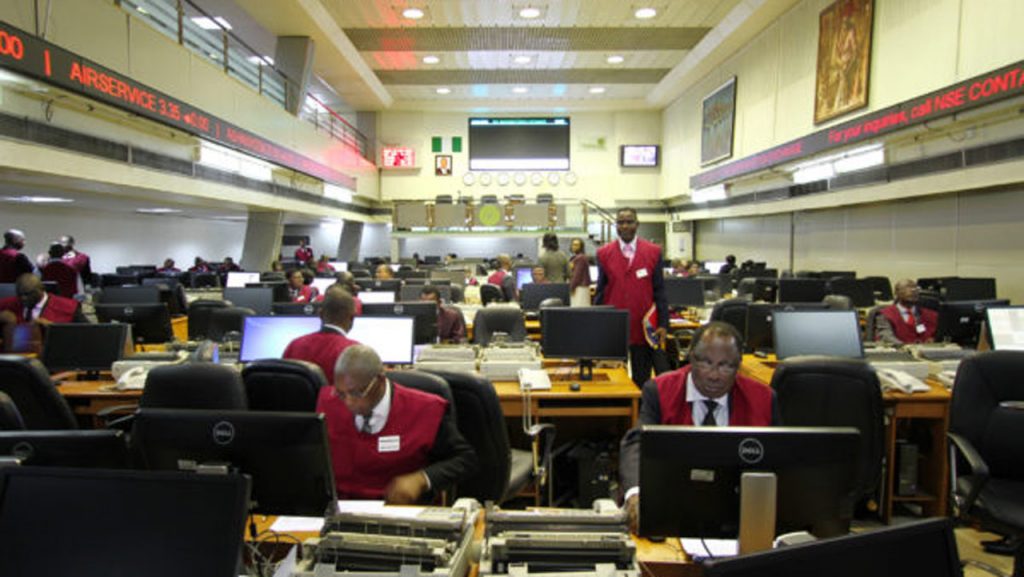Analyst sees gloomy week, as bargain hunting continues Political tension ahead of the 2019 general elections, persistent sell-offs, as a reaction and bargain hunting by investors, have continued to spur free fall of equity prices.
Consequently, the All-Share Index and market capitalisation of the Nigeria Stock Exchange (NSE) tumbled for 10 consecutive times to close the week at 35,266.29 points and N12.875 trillion, representing 0.5 per cent decline.
At the close of transactions last week, all other indices finished lower, with the exception of the NSE Premium, NSE Lotus II and NSE Industrial Goods, which rose by 0.59 per cent, 0.23 per cent and 1.29 per cent respectively, while NSE ASeM Index closed flat.
The negative influence of the nation’s political turmoil was so strong and compelling on the market last week that investors seem to have forgotten about the strong fundamentals of these companies and the recent interim dividends paid by those in the banking sector.
Analysts at the Investdata Consulting Limited said the decline in July PMI and consumer confidence index was due to the fall in consumer demands, which affected the performance of consumer goods manufacturing companies, as reflected in the half-year corporate earnings.
These, according to the research firm, has further depressed the share prices of these companies on the NSE, a pointer that all is not well with the economy.
“The benchmark All-Share Index of Nigeria’s stock market, as a leading indicator of the economy, has suffered a year-to-date decline of 9.48 per cent. This is after it recorded almost 17 per cent jump in January 2018 alone, before the ongoing downtrend that had lasted more than seven months.
“Of particular note are Zenith Bank, Guaranty Trust Bank and, capped on Thursday by Stanbic IBTC Holdings’ offer of N1 dividend per share, the highest so far, as contained in its second quarter numbers. Last year, the group paid 50 kobo as interim dividend.
“Besides the political tension ahead of the 2019 general elections, data so far published, showed a slowdown in economic activities, even as the July Consumer Price Index report published by the National Bureau of Statistics (NBS), affirms further move towards single-digit inflation.
“We expect the market to remain in red as bargain hunters take advantage of the low-price regime ahead of political party primaries. The ongoing anxiety in Nigeria’s political environment by party leaders is scaring investors away,” the analysts said.
Further breakdown of last week’s trading, showed that the financial […]
